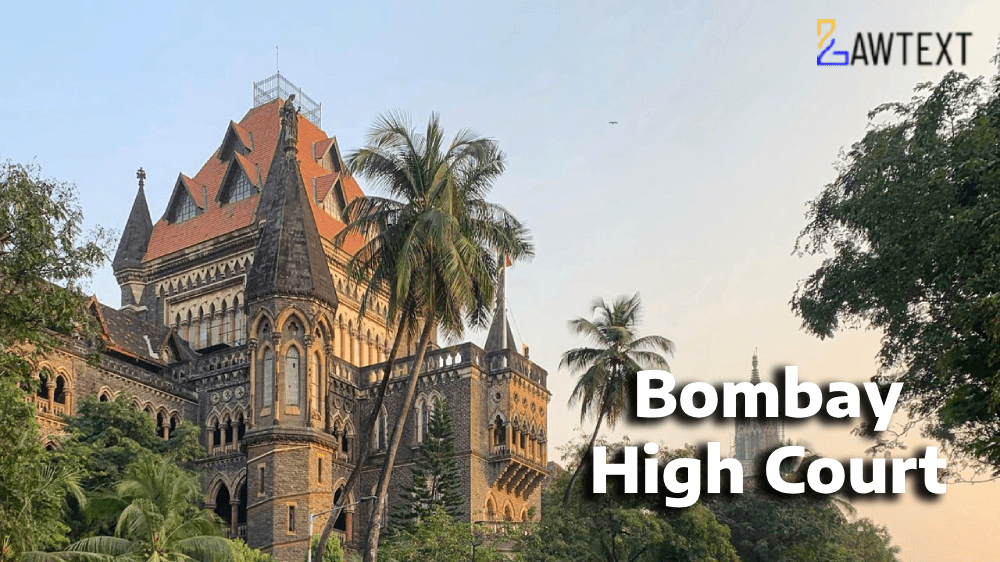

The Bombay High Court ruled in favor of the petitioner, permitting secondary evidence of a notarized will through a photocopy, after he claimed the original was lost. Respondents objected, citing potential issues with the will's validity. The court emphasized that such objections could be examined during cross-examination, and the absence of the original did not bar the petitioner from attempting to prove his case.
1.
Issue in Petition
The primary issue was whether the trial court erred in denying the petitioner permission to submit a photocopy of a lost notarized will as secondary evidence.
2.
Petition for Probate
The petitioner, brother of the deceased Suresh, filed for probate under Section 218 of the Indian Succession Act. Initially, there were no objections, but the deceased’s wife and daughter joined as respondents.
3.
Final Arguments
The High Court heard final arguments from advocates for both sides, focusing on the trial court’s refusal to accept secondary evidence.
4.
Application Based on Lost Will
The probate application was based on an unregistered, notarized will dated 16.08.2017. The petitioner claimed the original was lost, prompting his request to submit a photocopy. The respondents opposed this, and the trial court rejected the application on 02.02.2023.
5.
Respondents’ Objections
The respondents argued discrepancies in the will, including errors related to marriage dates and property descriptions. While these did not directly relate to the permission for secondary evidence, they were part of the larger challenge to the will's authenticity.
6.
Primary Legal Question
The court focused on whether the petitioner had made a sufficient case for permission to present secondary evidence.
7.
Trial Court's Reasoning
The trial court denied permission for several reasons:
a) The will was notarized, and the petitioner sought to produce a photocopy.
b) No certified copy of the will was filed.
c) The petitioner did not follow steps to establish a basis for secondary evidence.
8.
Petitioner’s Claim of Loss
The petitioner claimed that the original will was lost, though respondents questioned his possession and handling of the original document.
9.
Challenge of Proving a Lost Will
Acknowledging that proving a will when the testator is deceased poses challenges, the court noted that the absence of the original created potential gaps in the petitioner's case.
10.
Photocopy as Secondary Evidence
The High Court stated that if secondary evidence is permitted, a photocopy can be accepted under Section 63(2) of the Indian Evidence Act, provided procedural requirements for proof are followed.
11.
Sufficient Basis for Secondary Evidence
The court found the petitioner’s affidavit and statement that the will was lost adequate for granting permission, reserving respondents' right to challenge its authenticity during cross-examination.
12.
Court Order
The High Court allowed the writ petition, reversed the trial court’s decision, and permitted the petitioner to submit the photocopy of the will as secondary evidence, with further verification subject to trial proceedings.
13.
Rights of Respondents Preserved
All objections by the respondents regarding the will's content and the circumstances of its loss were preserved for examination in further proceedings.
The High Court ruled that the petitioner's affidavit, declaring the original will lost, provided adequate grounds for secondary evidence submission through a photocopy. The court underscored that objections about the will’s authenticity are preserved for cross-examination, and denying secondary evidence would unjustly restrict the petitioner from proving his case.
Probate Proceedings, Secondary Evidence in Wills
Citation: 2024 LawText (BOM) (10) 1501
Case Number: CIVIL WRIT PETITION NO. 10417 OF 2023
Date of Decision: 2024-10-15
Case Title: Sadanand Ramchandra Newase Versus Rajeshwari Suresh Newase & Ors.
Before Judge: S. M. MODAK, J.
Advocate(s): Mr. Jayendra D. Khairnar Advocate for the Petitioner Mr. D. D. Rananaware Advocate for the Respondent Nos. 1 and 2
Appellant: Sadanand Ramchandra Newase
Respondent: Rajeshwari Suresh Newase & Ors.